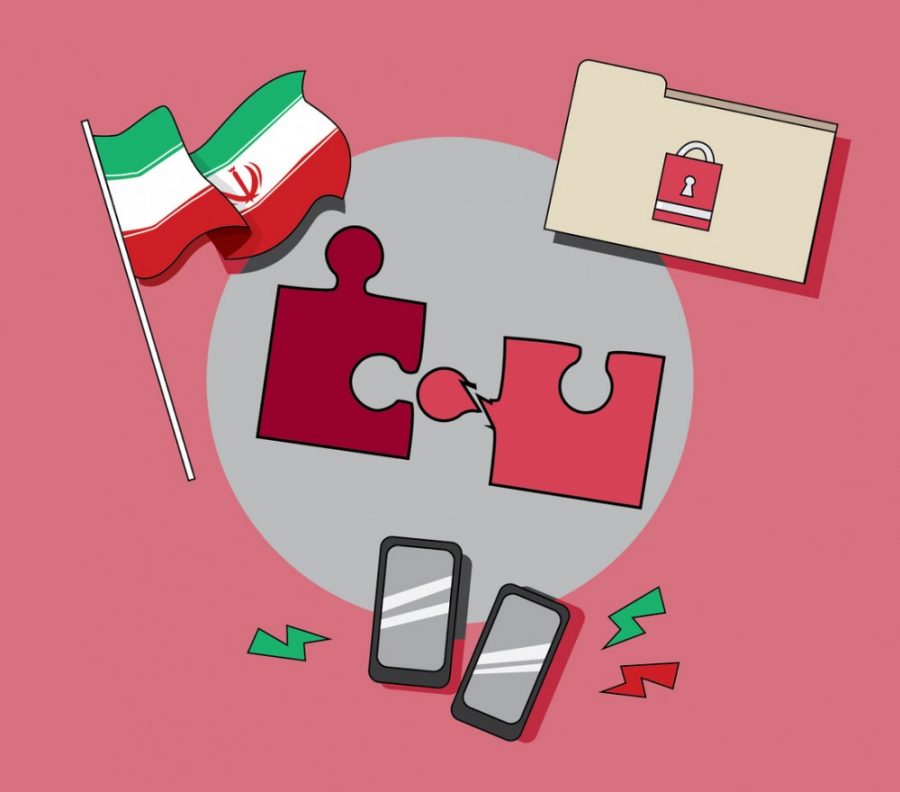The University of Minnesota has suspended its relationship with the world’s largest telecommunications equipment company.
In a memorandum sent to University deans on Feb. 14, Vice President for Research Chris Cramer said the University will no longer accept money, enter into contracts or approve information exchange with Chinese telecom giant Huawei. The company is under federal indictment for stealing trade secrets, violating sanctions against Iran and committing bank fraud, among other charges.
“Given the extraordinary level of concern raised by these indictments, which follow upon the heels of other developments of concern, we consider it prudent to suspend our interactions with Huawei,” the memo states.
Over the past three decades, Huawei has grown to be an $8.4 billion dollar company. It is leading the deployment of next-generation 5G cellular infrastructure — but not in the United States.
The federal government has discouraged U.S. companies from working with Huawei or buying its equipment, warning its technology could be leveraged for Chinese state espionage. A 2012 report from the House Permanent Select Committee on Intelligence found Huawei “cannot be trusted to be free of foreign state influence and thus pose[s] a security threat to the United States.”
In June, lawmakers sent a letter to Education Secretary Betsy DeVos warning that university partnerships with Huawei “may pose a significant threat to national security.” The letter said Huawei’s partnerships with universities are a primary mode of China’s strategy for acquiring foreign technology and called upon the Department of Education to investigate Huawei’s connections to higher education.

The University of Minnesota isn’t the first institution to distance itself from Huawei. Other Big Ten schools have taken similar stances. The University of Wisconsin is reviewing its suppliers to comply with the National Defense Authorization Act, Reuters reported. Signed into law in August, the NDAA prohibits recipients of federal funding from using Huawei’s equipment.
Suspending its relationship is an unusual and remarkably serious step for the University, said College of Science and Engineering Associate Dean for Research Joseph Konstan. But given the situation, it makes sense, he said.
“I think it’s fair to say these are unusual circumstances, given the company is under indictment,” he said.
Huawei funds University research through gifts to the University of Minnesota Foundation, he said. There were future projects CSE believed Huawei was going to fund that will not go forward due to the suspension. “They expressed an interest in networking and advanced technologies,” he said. “But we were just in early talks.”
Huawei is a member of the multi-university Center for Research in Intelligent Storage, where it sponsors research on memory and data structures. Member institutions, like the University, develop technology for industrial use. Huawei is just one of many sponsors, said center director David Hung-Chang Du, and they don’t get exclusive access to the results.
“They have never asked for special treatment and we’ve never provided it,” he said.
The decision would not stop faculty, students or staff from interacting with Huawei. Students can still pursue a job or internship with Huawei and staff can still interact with its employees. They need only report when entering into consulting relationships, per an existing administrative policy.
The letter says the University’s decision stands until “such time as the alleged economic national security issues are resolved.”









